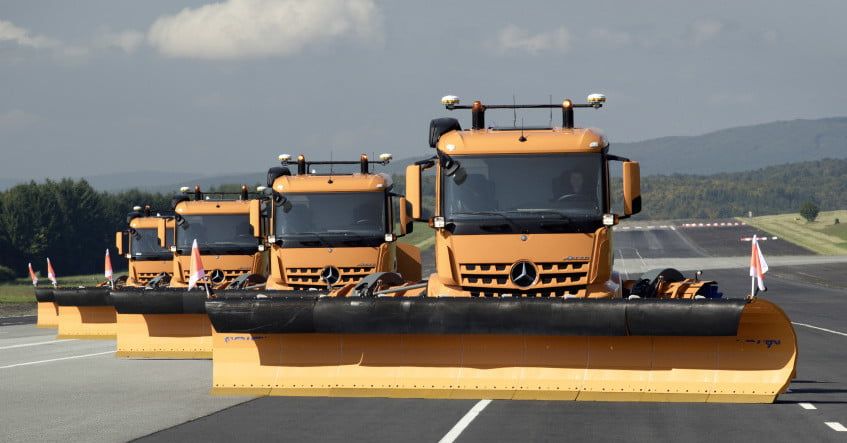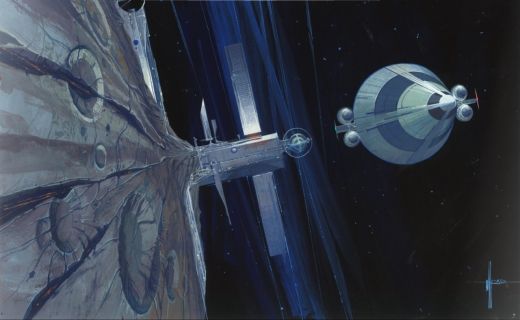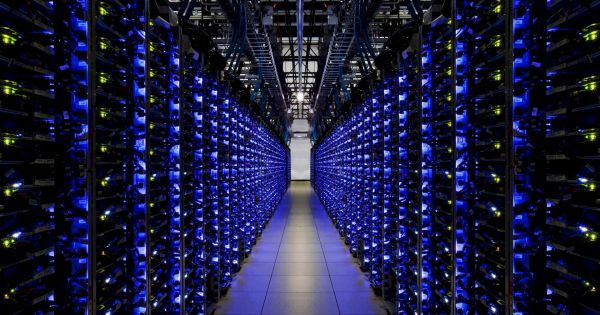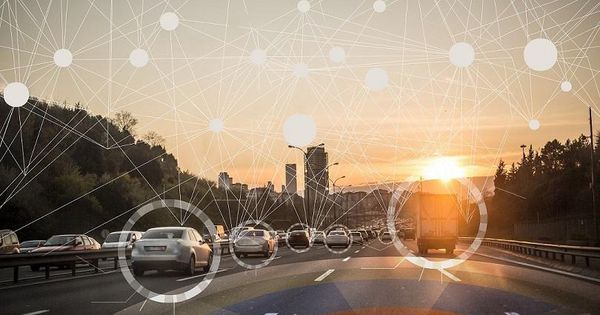Daimler is creating a driverless snowplow for use in places like airports and is already testing a design in Germany.


Recorded, October 11, 2017
Pieter Abbeel is a professor at UC Berkeley.

DeepMind’s new self-taught Go-playing program is making moves that other players describe as “alien” and “from an alternate dimension.”
It was a tense summer day in 1835 Japan. The country’s reigning Go player, Honinbo Jowa, took his seat across a board from a 25-year-old prodigy by the name of Akaboshi Intetsu. Both men had spent their lives mastering the two-player strategy game that’s long been popular in East Asia. Their face-off, that day, was high-stakes: Honinbo and Akaboshi represented two Go houses fighting for power, and the rivalry between the two camps had lately exploded into accusations of foul play.
Little did they know that the match—now remembered by Go historians as the “blood-vomiting game”—would last for several grueling days. Or that it would lead to a grisly end.


Centauri Dreams returns with an essay by long-time contributor Alex Tolley. If we need to grow a much bigger economy to make starships possible one day, the best way to proceed should be through building an infrastructure starting in the inner Solar System and working outward. Alex digs into the issues here, starting with earlier conceptions of how it might be done, and the present understanding that artificial intelligence is moving at such a clip that it will affect all of our ventures as we transform into a truly space-faring species. Under the microscope here is a company called SpaceFab, as Alex explains below, and the potential of ISRU — in situ resource utilization. Emerging out of all this is a new model for expansion.
by Alex Tolley


The inclusion of technology in the leader’s most important address in an official imprimatur that underscores the continued push by China’s top leaders to identify new pillars for an economy struggling to maintain its rapid growth amid overcapacity and rising debt.
China’s State Council laid out goals in July to build a domestic artificial intelligence industry worth nearly US$150 billion in the next few years, and to make the country a “innovation centre for AI” by 2030. Xi’s speech gave the official imprimatur to the plan.
PUBLISHED : Wednesday, 18 October, 2017, 6:56pm.
UPDATED : Wednesday, 18 October, 2017, 11:42pm.


It will happen eventually. The argument against it will be that AI lacks the human touch, by that they mean the crooks in the government who make a living on corruption, graft, outright theft, and are in the process of collapsing the United States with nepotism. The main fear of the crime bosses (politcos) is that you cant bribe, threaten, or blackmail an AI.
By glen sawyer, national director, iot digital transformation, SAP
Put Skynet from The Terminator movies to the back of your mind for a minute, and stay with me on this one.
Certain political leaders are reminding us of their fragile humanity with increasing frequency these days. Prone to wild acts of emotion, and unable to resist the urge to push their personal agenda at the expense of the greater good, it’s enough to make the concept of an AI-controlled government sound utopian by comparison.
After more than a year of testing on crowded San Francisco streets, Cruise thinks it’s ready to operate the first robotic car fleet in Manhattan. GM also appears to be ramping up competition with Waymo for leadership in the technology.